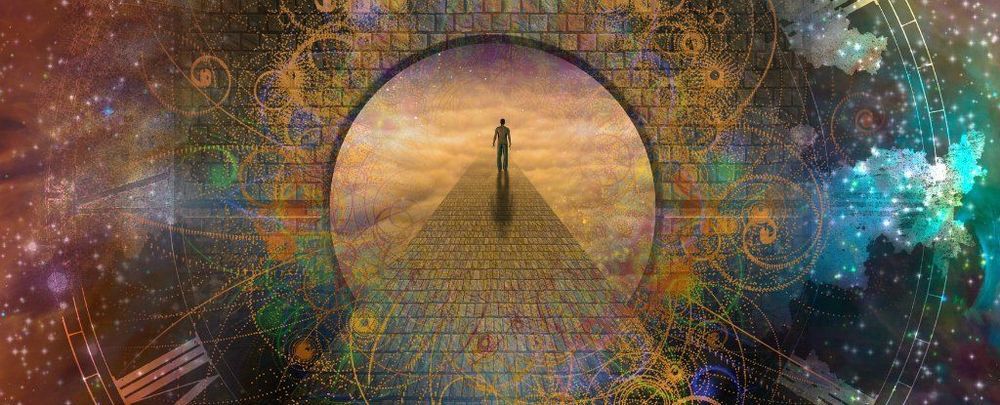In the summer of 1935, the physicists Albert Einstein and Erwin Schrödinger engaged in a rich, multifaceted and sometimes fretful correspondence about the implications of the new theory of quantum mechanics.
The focus of their worry was what Schrödinger later dubbed entanglement: the inability to describe two quantum systems or particles independently, after they have interacted.
Until his death, Einstein remained convinced that entanglement showed how quantum mechanics was incomplete. Schrödinger thought that entanglement was the defining feature of the new physics, but this didn’t mean that he accepted it lightly.
